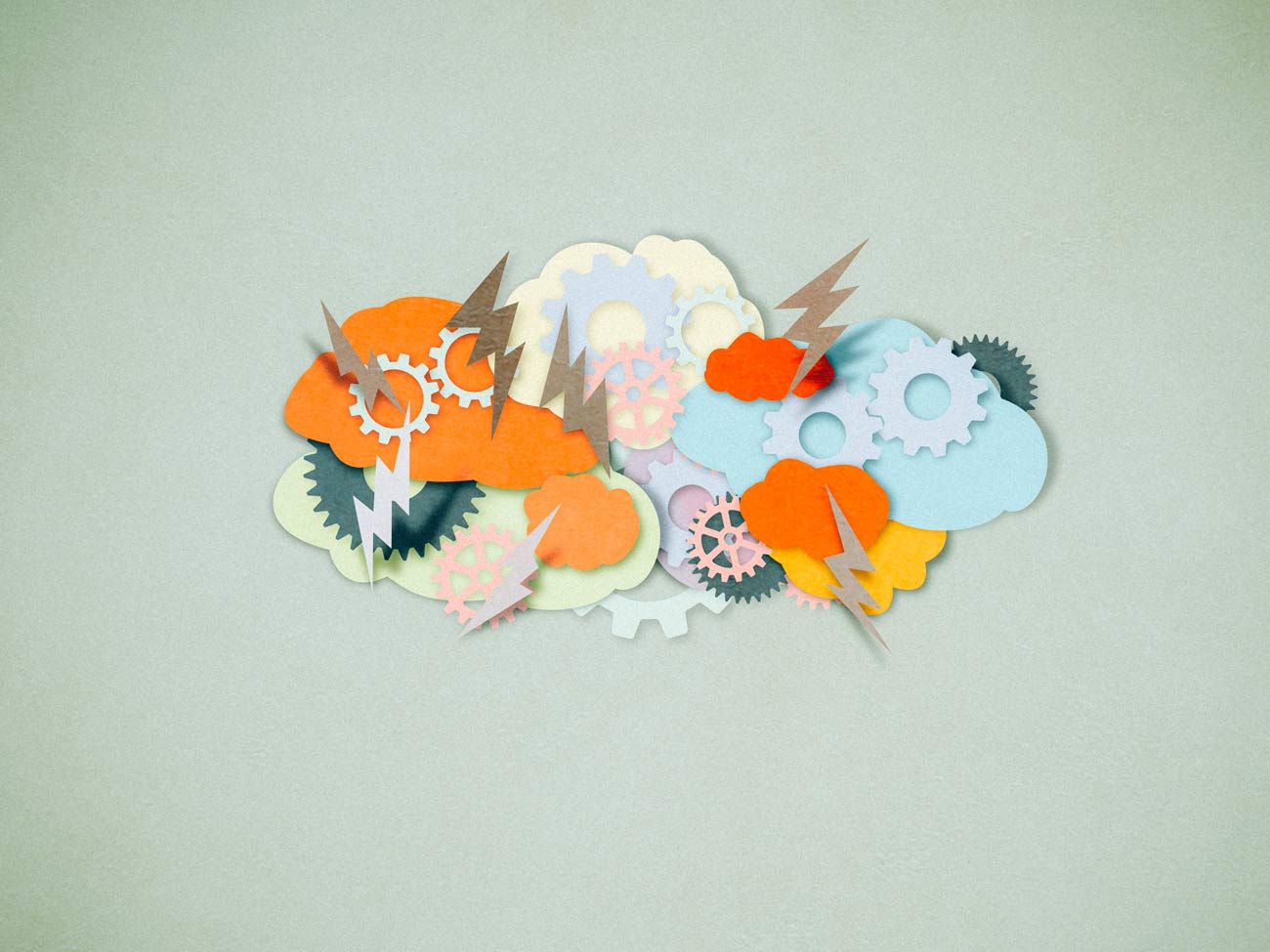
Are You Coping? Opening Up About Your Mental Health
Hey – yes, you! How are you coping today? Did you know that three quarters of us have felt so stressed we’ve felt overwhelmed or unable to cope? And it’s no wonder with the busy lives we lead; it’s not uncommon to be juggling work, relationships, family, friends, money, commitments, keeping a home running and more. Life brings with it stresses in many forms and intensities. There’s no doubt life can be challenging at times and we all experience this in one way or another.
“Sometimes events happen that you have no control over – a redundancy, the end of a relationship or death, for example – can leave you feeling powerless. But you may be surprised to know that stress can also come from positive changes like having a baby, moving home or changing jobs. In fact, anything can be a stressor depending on an individual’s social and economic status, the environment they live in, and their genetic makeup.” explains Dr Agnieszka Klimowicz, Consultant Psychiatrist.
When the body perceives something as a threat, the stress hormones cortisol and adrenaline are released by the nervous system. This is referred to as the fight or flight response. Once the threat has disappeared, the levels of adrenaline and cortisol die down again. It is meant to help us stay alive and either run or fight danger – perfect for when we were cavemen, but in this modern age we don’t need it in the same way. Prolonged exposure to these hormones, due to long-term stress, for example, has a negative impact on the body. Being overwhelmed by stress can affect emotional, physical, and mental health as well as behaviour.
Stress affects us physically in many ways; it can increase the risk of diabetes, gastrointestinal issues, heart diseases, and has also been linked to high blood pressure. And, although stress itself is not a mental health problem, it can certainly be a contributing factor in some mental health conditions and can exacerbate existing illnesses. Discover some of the surprising signs of stress in another of our blog posts.
“Left unmanaged, stress can lead to anxiety, self harm, and suicidal thoughts and behaviour.” adds Dr Klimowicz.
“It’s common for people not to realise they are stressed as some of the symptoms are similar to those of other issues. But recognising that what you’re feeling isn’t normal is the first step to coping with stress in a healthy way.”
Although it varies between individuals, individuals who aren’t coping well with stress generally tend to:
- Downplay their problems
- Ignore their emotions
- Have difficulty concentrating
- Avoid seeking or accepting support
- Push their feelings down and carry on like everything is ok, even when it’s not
- Blame others for situations
Those who are struggling to cope with stress may:
- Drink alcohol more frequently and/or in greater volumes
- Be quick to lose their temper
- Feel irritable all the time
- Find it difficult to concentrate
- Feel exhausted all the time
- No longer enjoy their regular hobbies
- Become withdrawn from family, friends and avoid socialising
- Start eating more or less than normal
- Have difficulty sleeping
- Frequently feel tired and not rested
- Take drugs (prescription or otherwise) as a coping mechanism
If you’ve noticed these symptoms in a friend or family member, we would recommend letting them know you’ve noticed how stressed they seem and that you’re concerned about how they are coping. Just presenting them with an opportunity to talk can be helpful and can also highlight any issues. Alternatively, if these symptoms sound like you, it’s time to seek help from your GP or a mental health specialist.
Learning about healthy ways of coping can help you to be resilient in times of stress.
The first step to coping with stress in a healthy way involves acknowledging how you are feeling and how you can improve things, recognising that something isn’t right, asking for help, and taking the time to practice self care by looking after yourself.
Coping techniques – how to cope with stress
Being able to cope with stress is essential for living a happy and healthy life. Taking control of a stressful situation can be a really useful coping technique. Have you tried the following?:
- Try to identify what is making you feel stressed
- Connect with people – try to plan in socialising even if you don’t feel like it
- Talk to a close friend about how you’re feeling
- Get physical – exercise is great for stress relief
- Try to keep a regular schedule
- Plan in time for self-care. Do something you enjoy every single day, no matter how small
If you’ve tried all of the above and still feel like you need help, please do get in touch. We have a team of highly qualified and experienced psychiatrists, psychologists and psychotherapists who can help you get your life back on track.
Make your mental health a priority. Call our administration team on 020 7580 4224 if you have any questions or would like to book a consultation. Alternatively, you can email us on info@psychiatrycentre.co.uk. Here at The London Psychiatry Centre we offer first class care without the wait.

